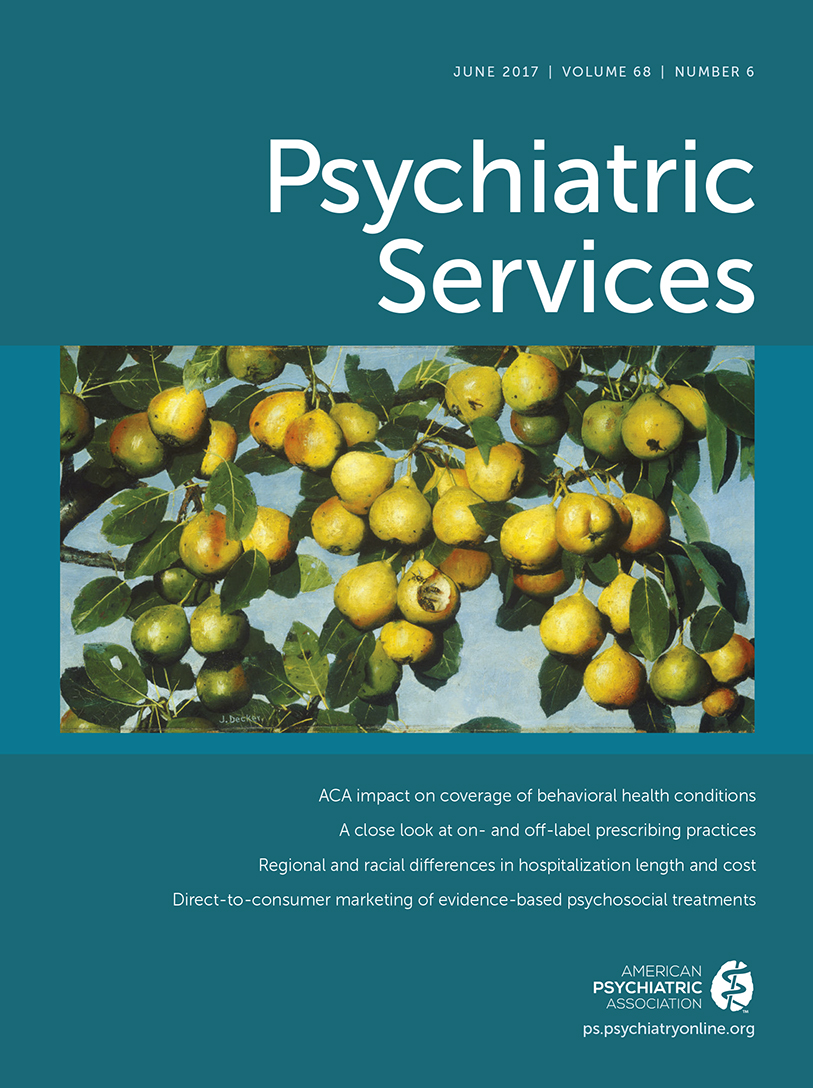Homeless Veterans’ Use of Peer Mentors and Effects on Costs and Utilization in VA Clinics
Abstract
Objectives:
The study compared health care utilization and costs among homeless veterans randomly assigned to peer mentors or usual care and described contacts with peer mentors.
Methods:
Homeless patients at four Department of Veterans Affairs clinics were randomly assigned to a peer mentor (N=195) or to usual care (N=180). Administrative data on utilization and costs over a six-month follow-up were combined with peer mentors’ reports of patient contacts.
Results:
Most patients (87%) in the peer mentor group had at least one peer contact. Patients in this group spent the largest proportions of time discussing housing and health issues with peer mentors and had more outpatient encounters than those in usual care, although differences were not significant. No other between-group differences were found in utilization or costs.
Conclusions:
Although significant impacts of peer mentors on health care patterns or costs were not detected, some patients had frequent contact with peer mentors.



